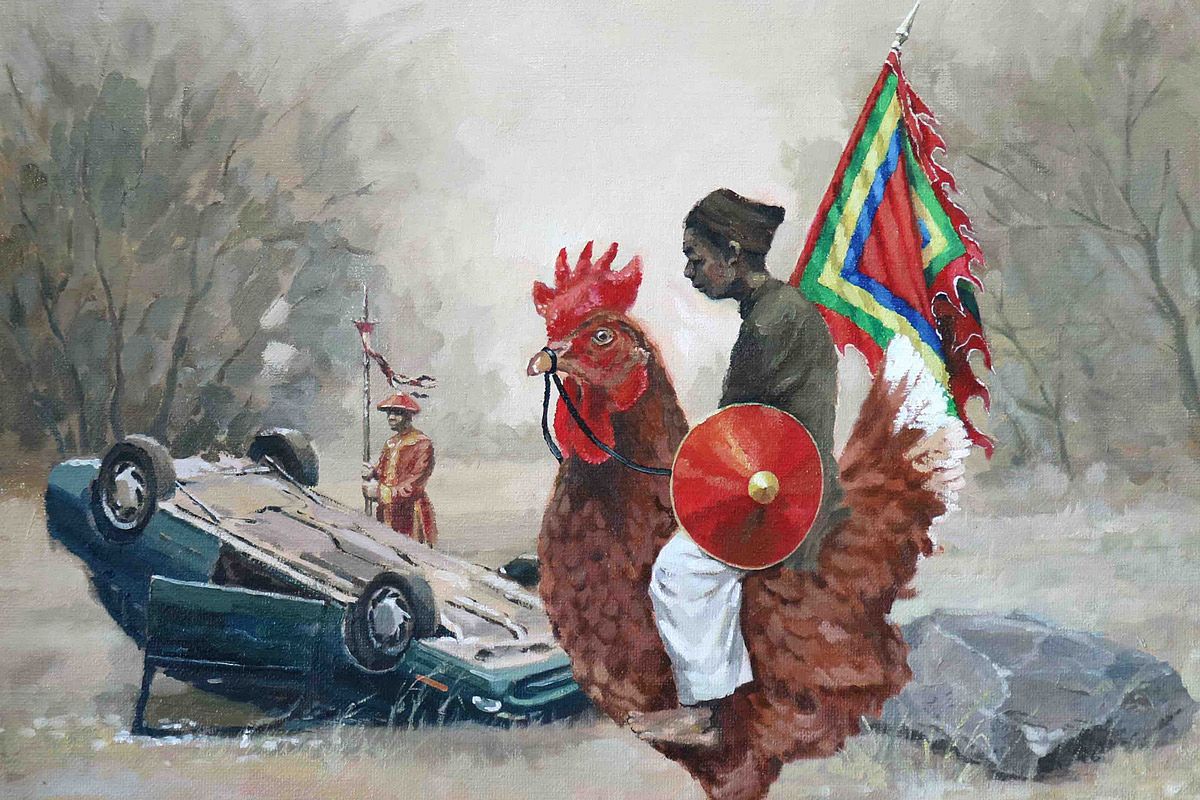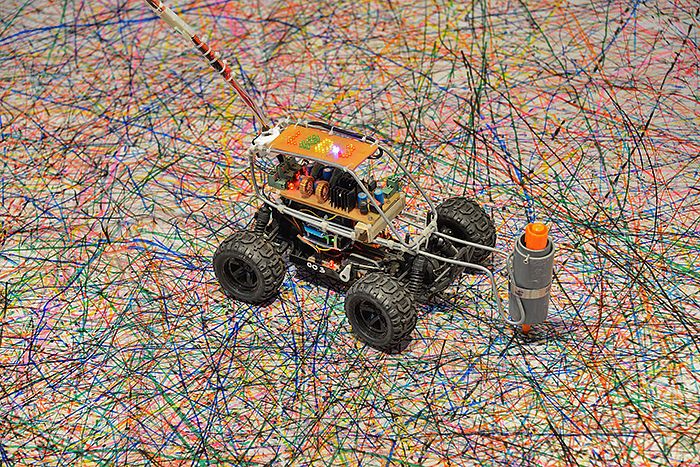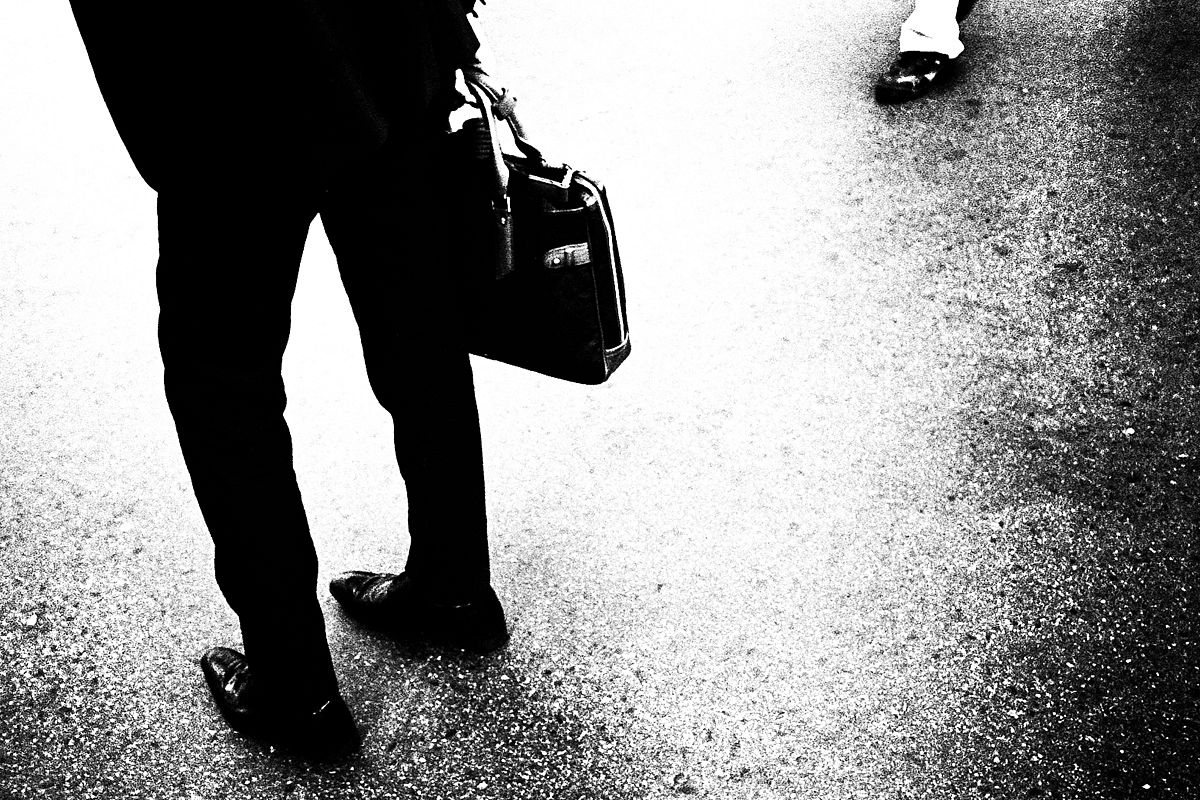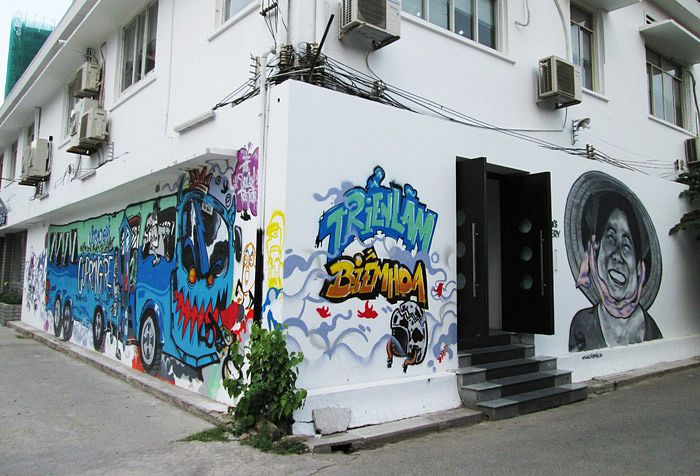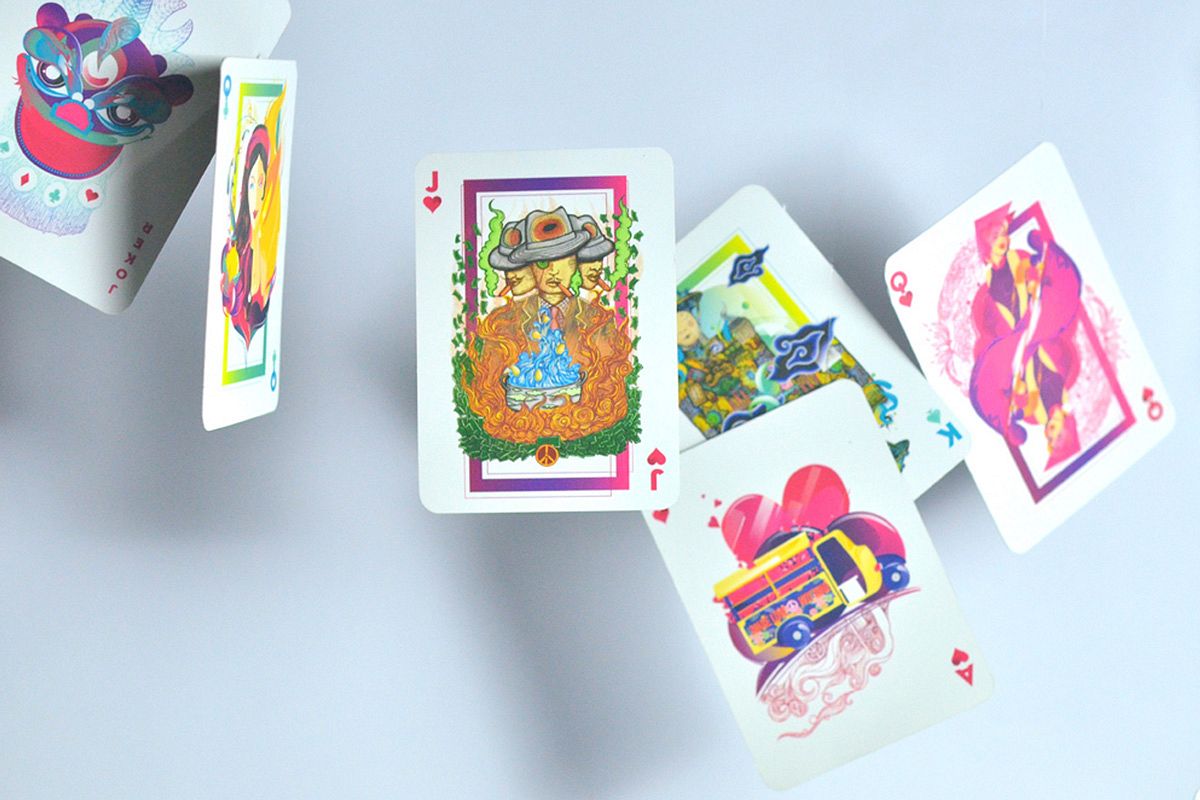When it comes to fashion, sustainability is not always a high priority in Vietnam. These days, Vietnam is beginning to see more campaigns which aim to raise public awareness around environmental issues in all industries. However, what is most remarkable is the role that Vietnam's apparel industry has played in both national economic growth – Vietnam ranks among the top textile exporters in the world – and eco-friendly practices.
This is not only true of large-scale manufacturing companies but also smaller, independent designers who refuse to sacrifice sustainability for the sake of fashion. For Metiseko, a local womenswear outfit, this is at the core of their fashion philosophy.
The company, which has been in business since 2011, got its start as a shop selling women's fashion, accessories and homewares in Hoi An. After the success of its flagship store, Perzo and his co-founder, creative director Florence Mussou, opened two more shops in Hoi An's Old Town, as well as a store in downtown Hanoi and an accessory shop at Saigon's Snap Café.

In the foreground, from the left to the right:
1 Cameo necklace - Yellow Bamboo, Wilson Jacket - Black and Yellow bamboo (Twill silk, Habutai silk), Judy top -Yellow bamboo (Habutai silk) and Ray pants - Black (Twill silk)
2 - Jackson necklace - Black, Maya round bag - Yellow Bamboo (Habutai silk) andTchatcha dress - Yellow Bamboo (Habutai silk) - Photographer: Noi Pictures - M. Boris Zuliani
For Perzo, Metiseko is all about fusing east and west, marrying European trends with Vietnamese-inspired prints.
“Our designer likes to showcase the elements of Vietnamese culture and environment in her designs,” he explains. “It is part of Metiseko’s spirit and identity.”
The company's latest collection, Metis, reflects this belief: splashed across multipurpose scarves and long maxi dresses are jungle and forest motifs, rendered in mint and jade green. For evening tops and chic short dresses, Metiseko combines bamboo yellow and silver prints for an unique color combination.
Inspiration comes from a variety of different sources: pictures, books, ceramics, paintings, plants, flowers and leaves. According to Perzo: “The idea of the print is quite important, as we showcase Vietnamese stories which must have impact with customers. We create all-over prints which are repeated infinitely so the assembling stage is quite important.”
For Metis, Perzo and Mussou worked with twill, Shantung and Habutai silks, whose sourcing plays an essential role in the brand’s philosophy. Metiseko is a certified organic brand by the Textile Exchange's Organic Content Standards (OCS), a set of standards which helps to assure environmental best practices among clothing companies.

From the left to the right:
1 Louisa infinity scarf - Black forest (Twill silk), worn as a turban, Dalhia Flower hair clip - Black and white, Zephir hand fan, Norman long sleeves top - Off white (Twill silk)
2 - Louisa infinity scarf - Bamboo chic (Habutai silk), Judy sleeveless top - Off white (Habutai silk) - Photographer: Noi Pictures - M. Boris Zuliani
“The quality of our fabrics is extremely important,” says Perzo. “We constantly need to make sure the...fabrics [are] made with nontoxic and washable inks and woven with the best fibers in a secure social and environmental context, where good working conditions and preservation of [the] local environment are respected.”
In order to ensure such conditions, Perzo pays frequent visits to the company’s Bao Loc-based silk supplier. For the Metiseko team, this kind of dedication to quality is a no-brainer. Overall, the brand focuses less on attaining international success but instead on being able to create a thoughtful, quality clothing line which is made in Vietnam and for Vietnamese.
“We believe that being sustainable in fashion is not a trend but normality,” Perzo says. “We try as much as possible to be a local-local brand. Being environmentally and socially responsible is not a western value but a global challenge.”
While not all designers take Metiseko’s approach, Perzo views sustainability as a requirement for fashion rather than a gimmick. Independent, small designers, however, still face some obstacles in Vietnam when creating environmentally conscious products.

Norman long sleeves top - Summer wings (Twill silk) , Allister handbag - Jade river (Shantung silk - Leather), Timesquare scarf - On my way (Twill silk) - Photographer: Noi Pictures - M. Boris Zuliani
“The main difficulty while establishing a 100% green supply chain in textiles is the minimum quantity requirements from printing or dyeing factories,” explains Perzo. “In Vietnam, few factories are certified OEKO-TEX 100, which is a certification from factories that use low-impact environmental dyes.”
Because such factories often require large-scale orders, being a small designer further complicates an environmentally-friendly supply chain. While this presents a challenge for independent clothing outfits, Metiseko has managed to find a way to work around such obstacles.
Moving forward, the eco-friendly designer has plans to continue its growth in Vietnam. Since its inception, the company has opened one new shop every year. In future, Metiseko has plans to open more new locations in Vietnam as well as launching an online shop. Perzo and Mussou have also begun recruiting full-time designers and collaborating with some of Vietnam's more high-profile clothing designers to add a new dimension to their upcoming lines.
To find out more about Metiseko, visit Metiseko.
[Top image products: Timesquare scarf - Jade river (Habutai silk) and Josephine long dress - Mint (Twill silk) - Photographer: Noi Pictures - M. Boris Zuliani]
Vietnam is beginning to see more campaigns which aim to raise public awareness around environmental issues in all industries. However what is most remarkable is the role that Vietnam's apparel industry has played in both national economic growth – Vietnam ranks among the top textile exporters in the world (http://www.establishmentpost.com/vietnam-becomes-worlds-fourth-largest-textile-exporter/)


